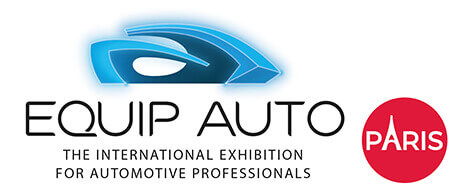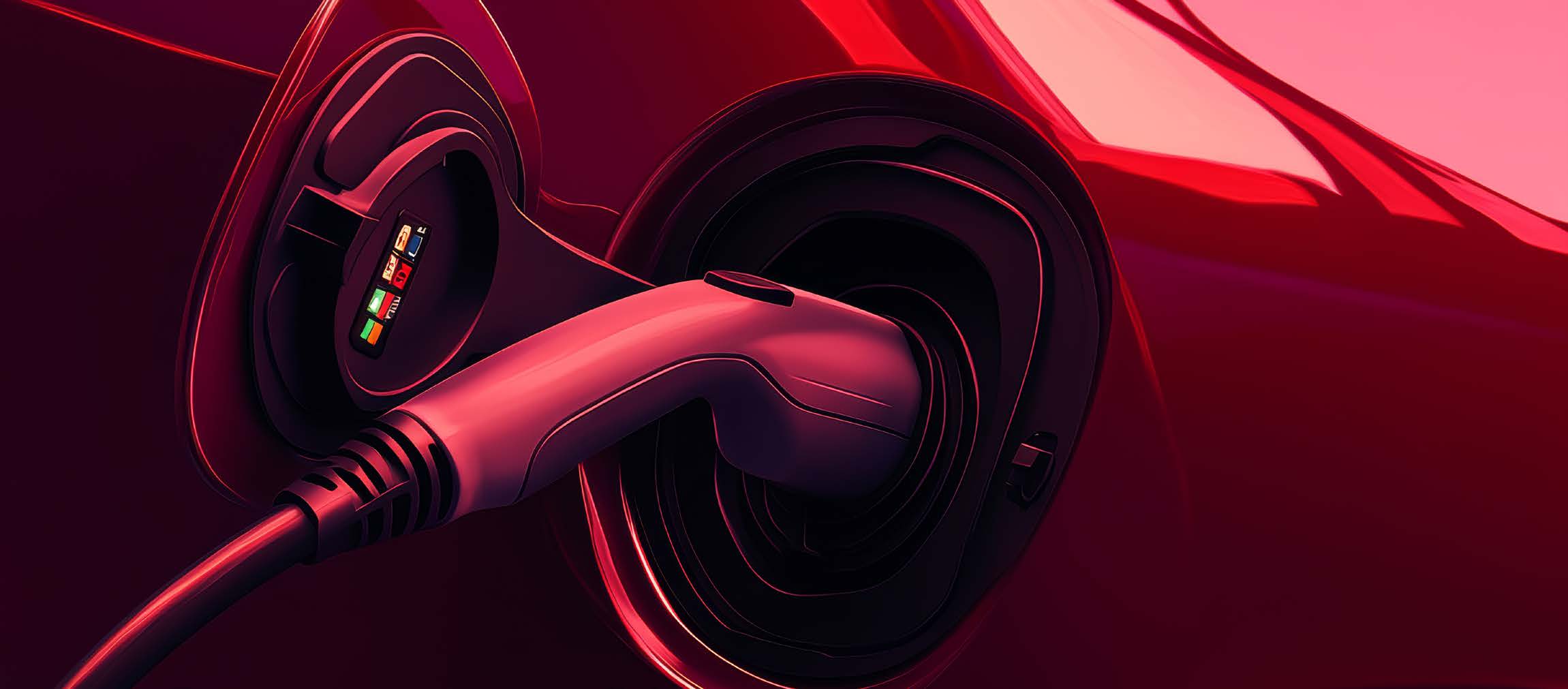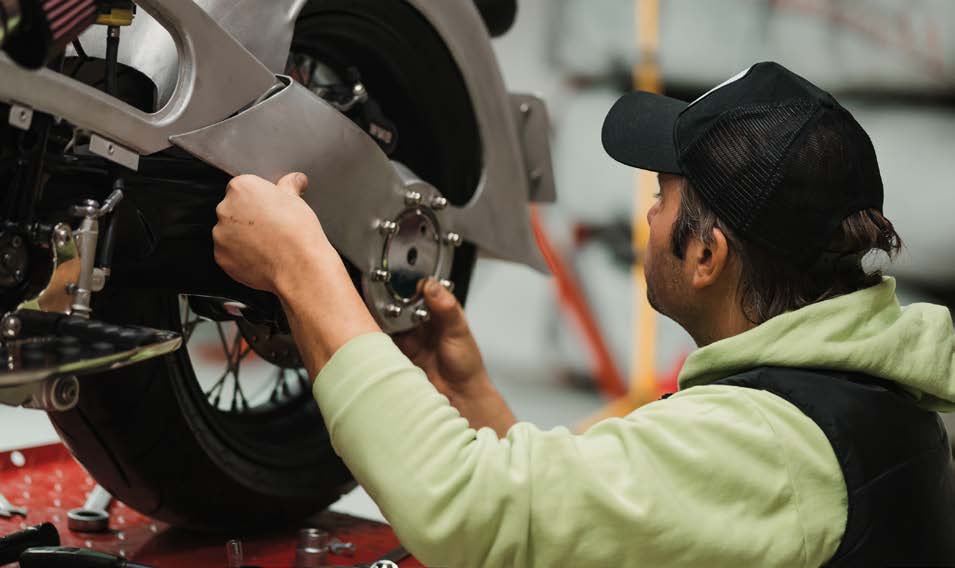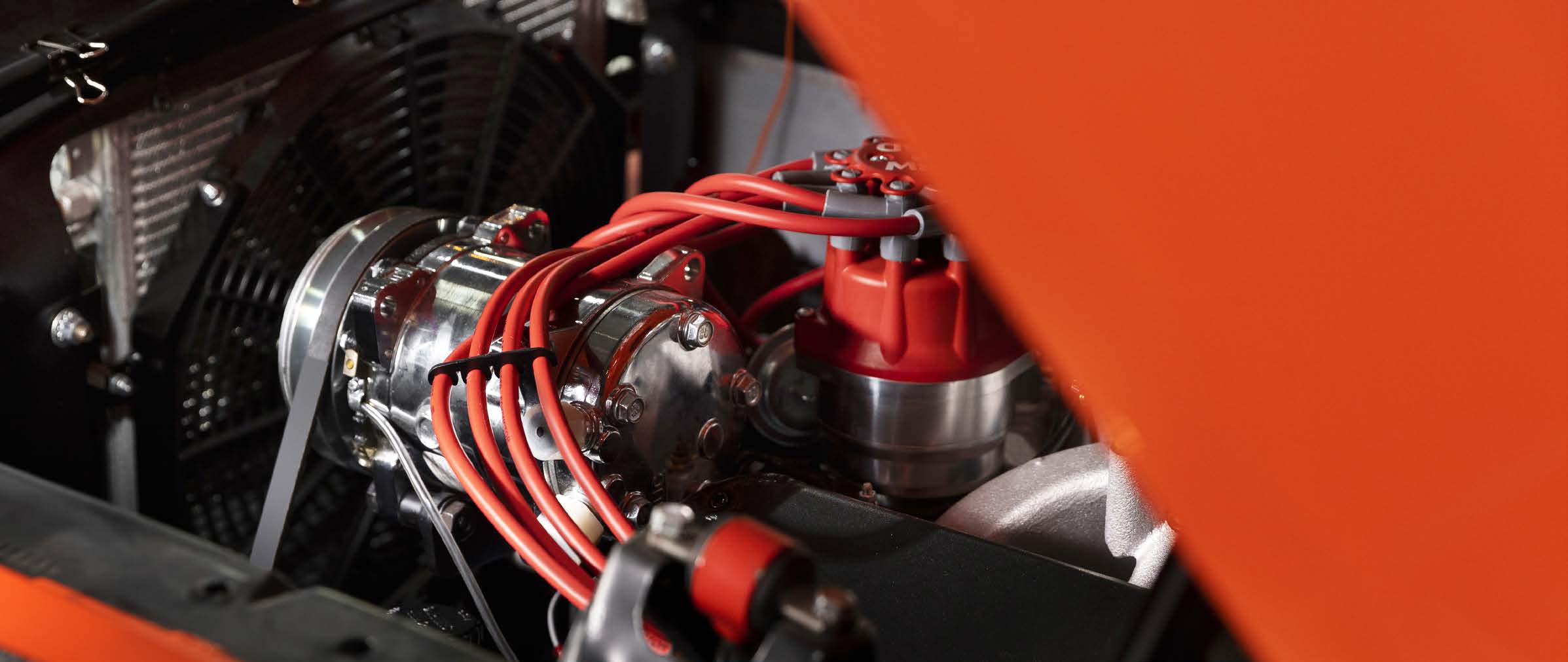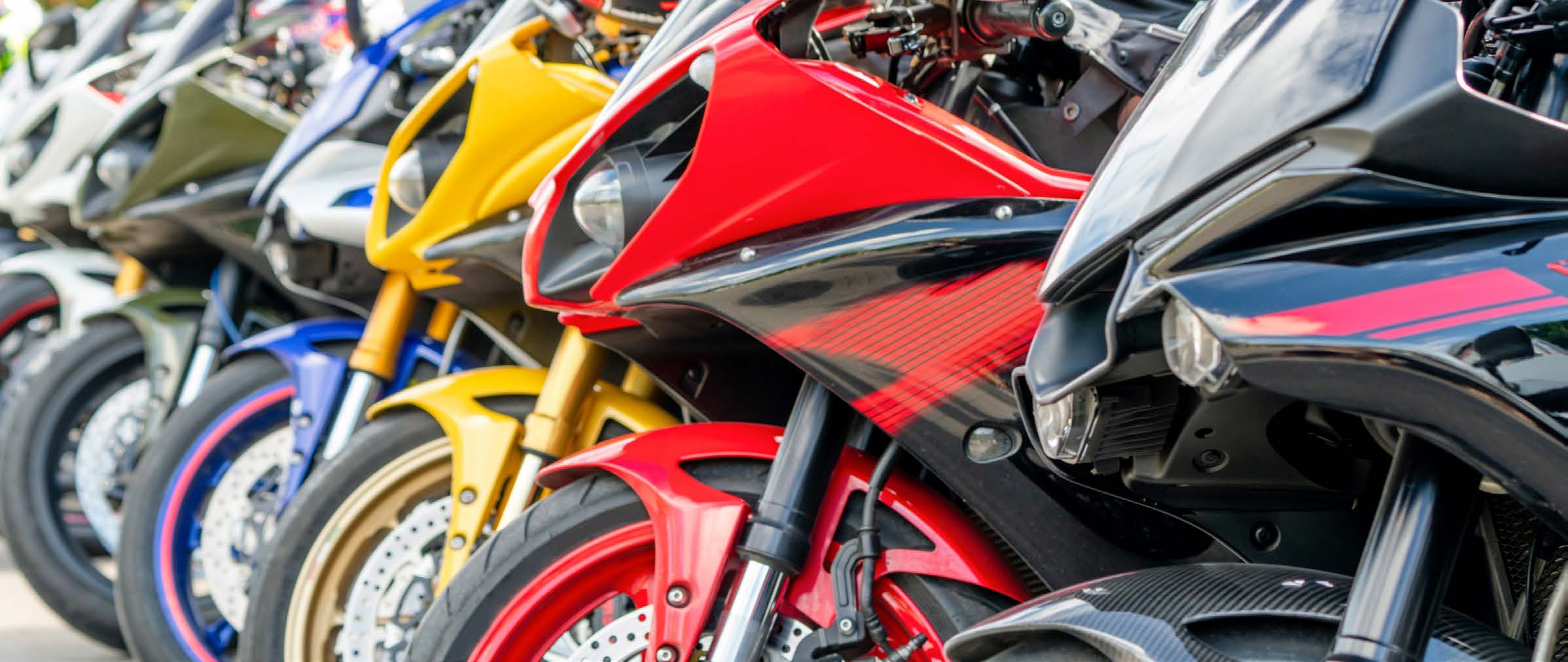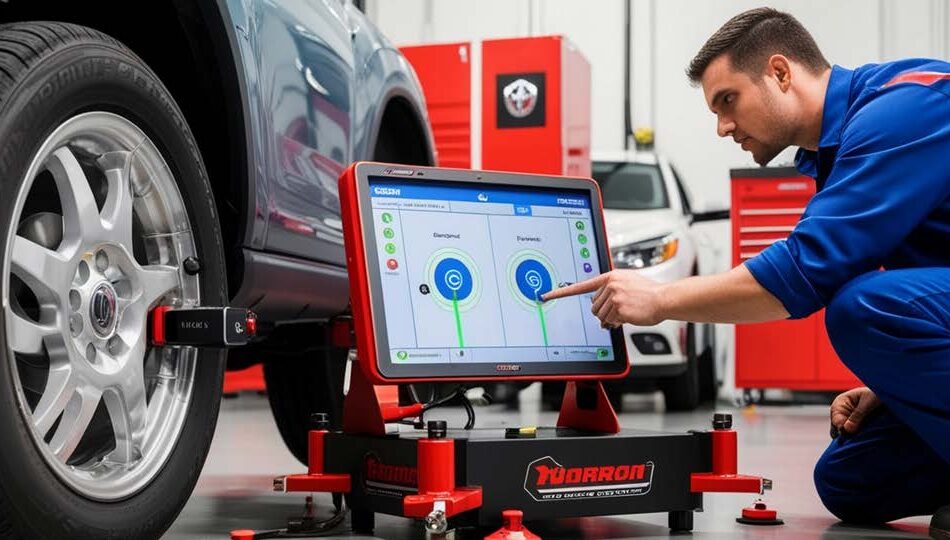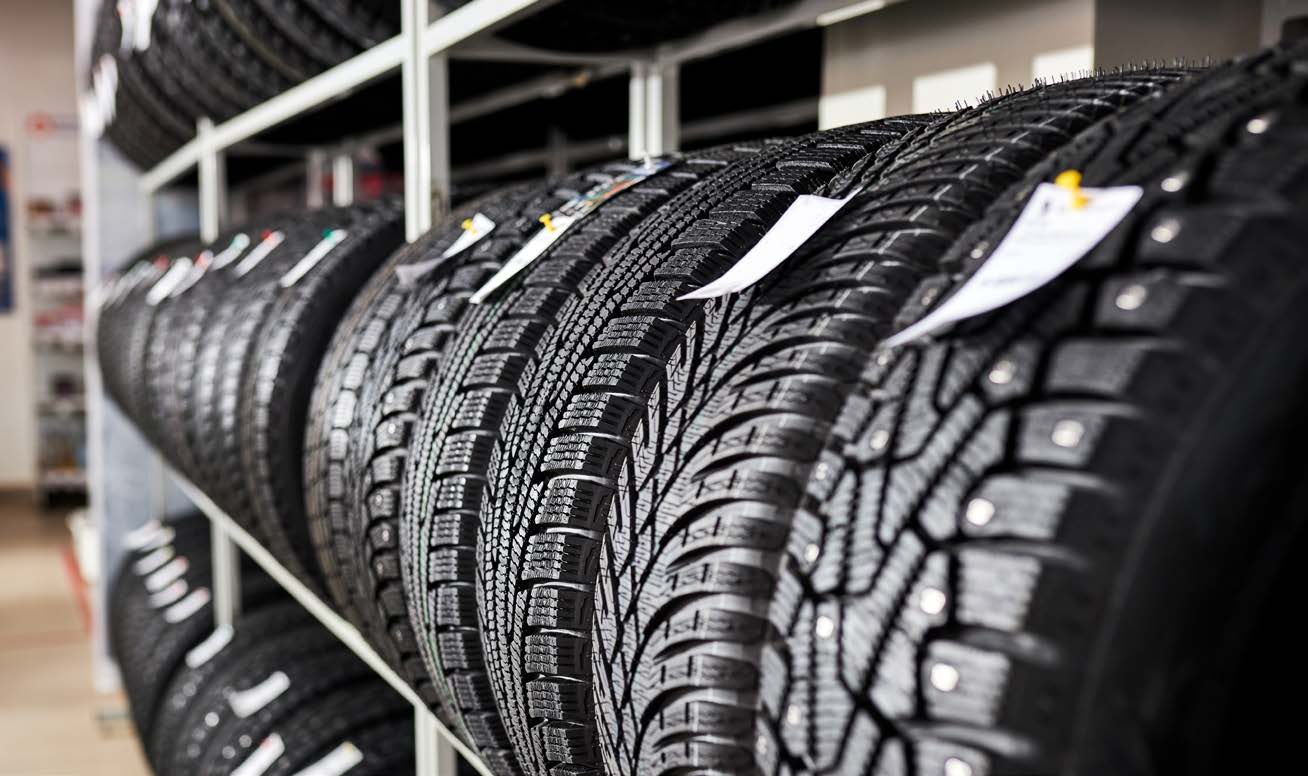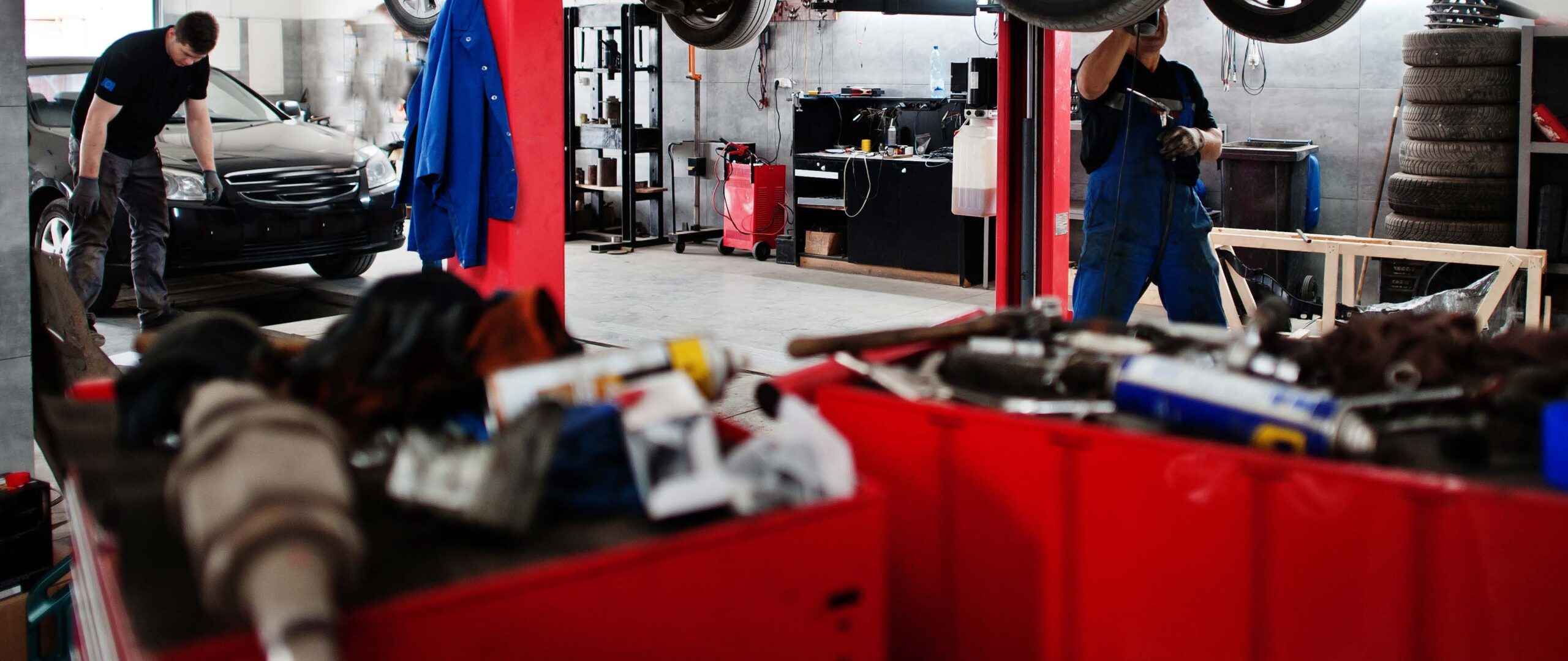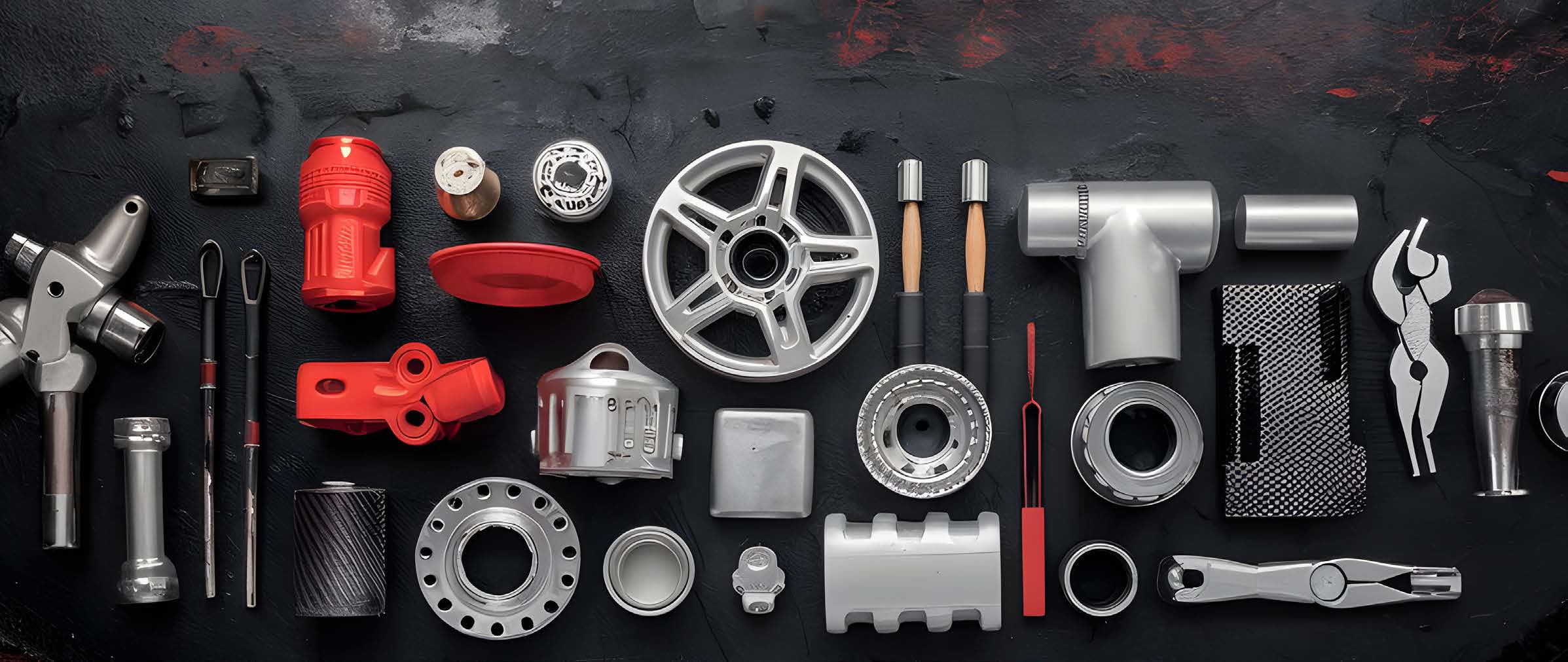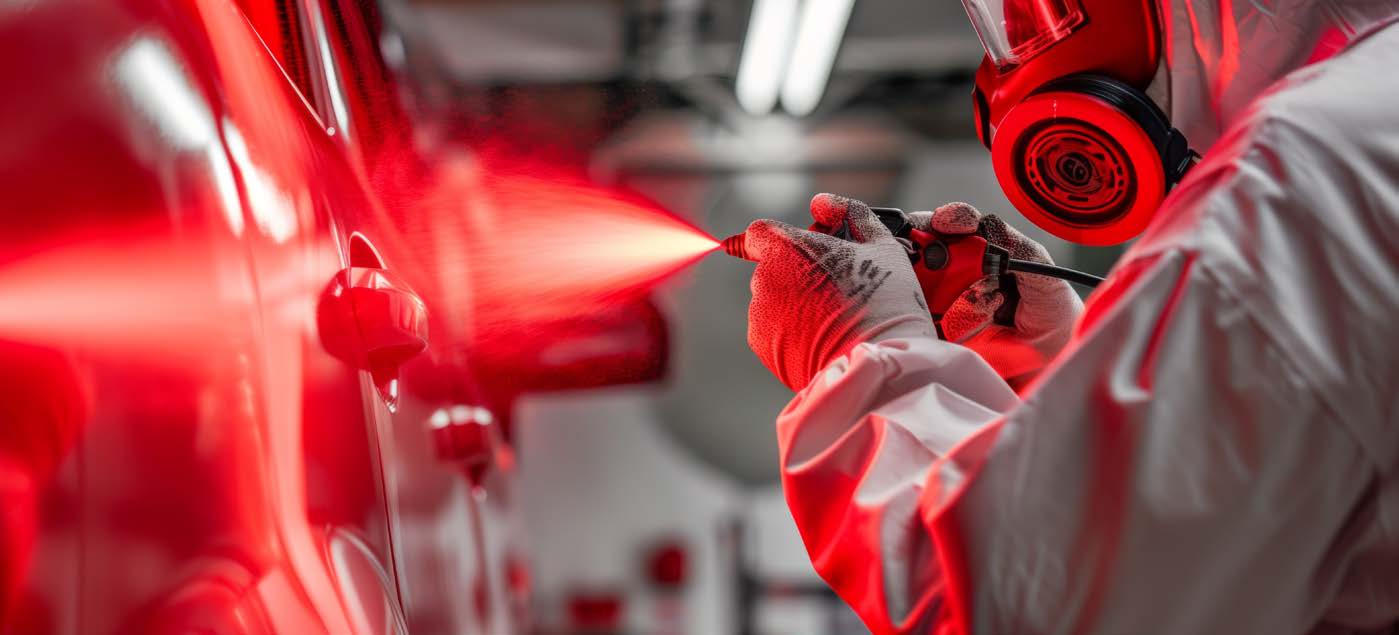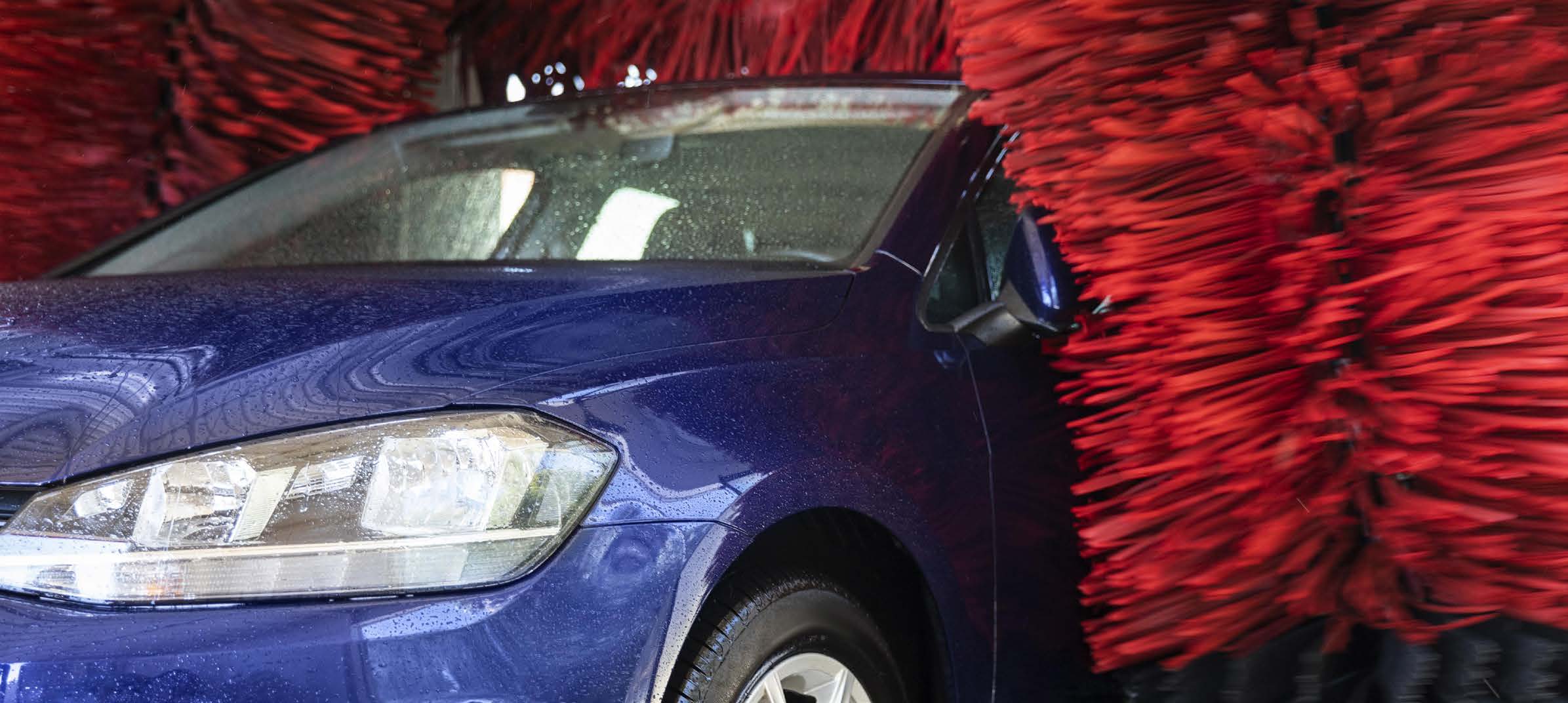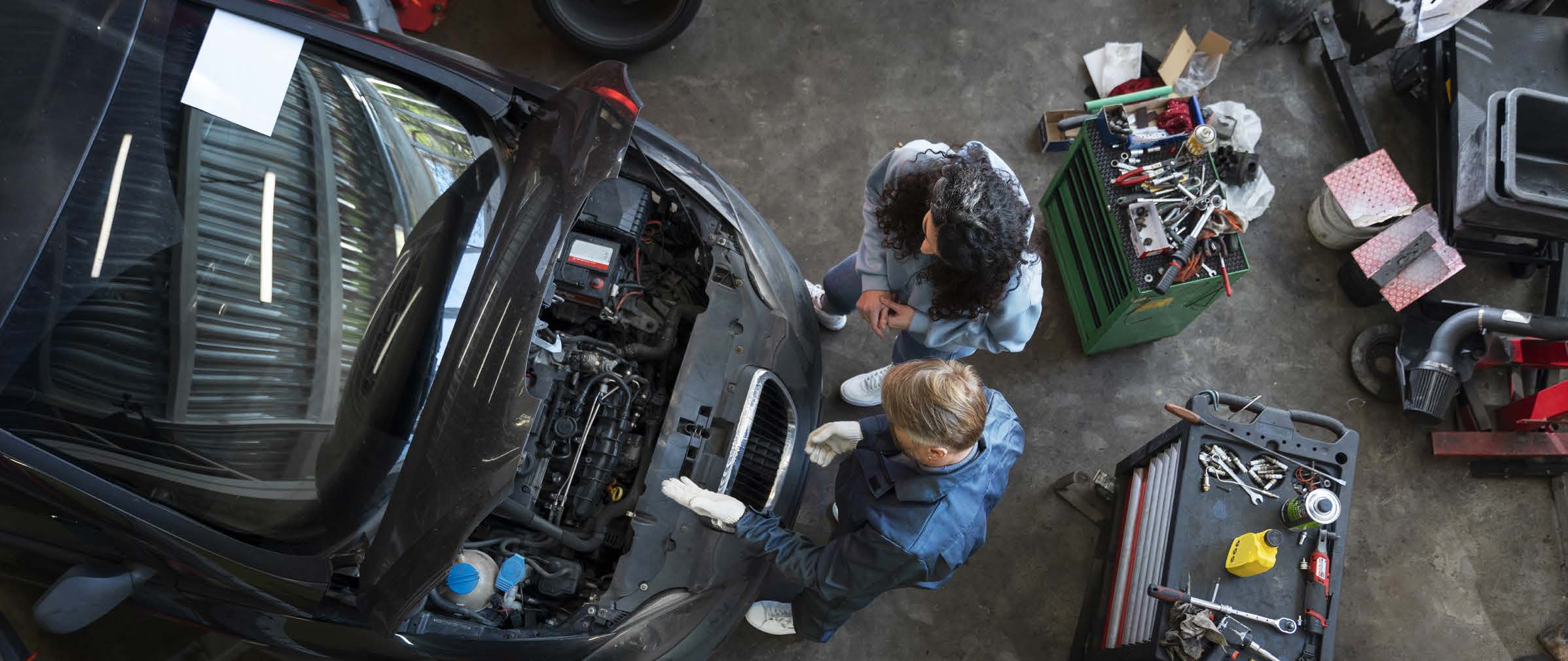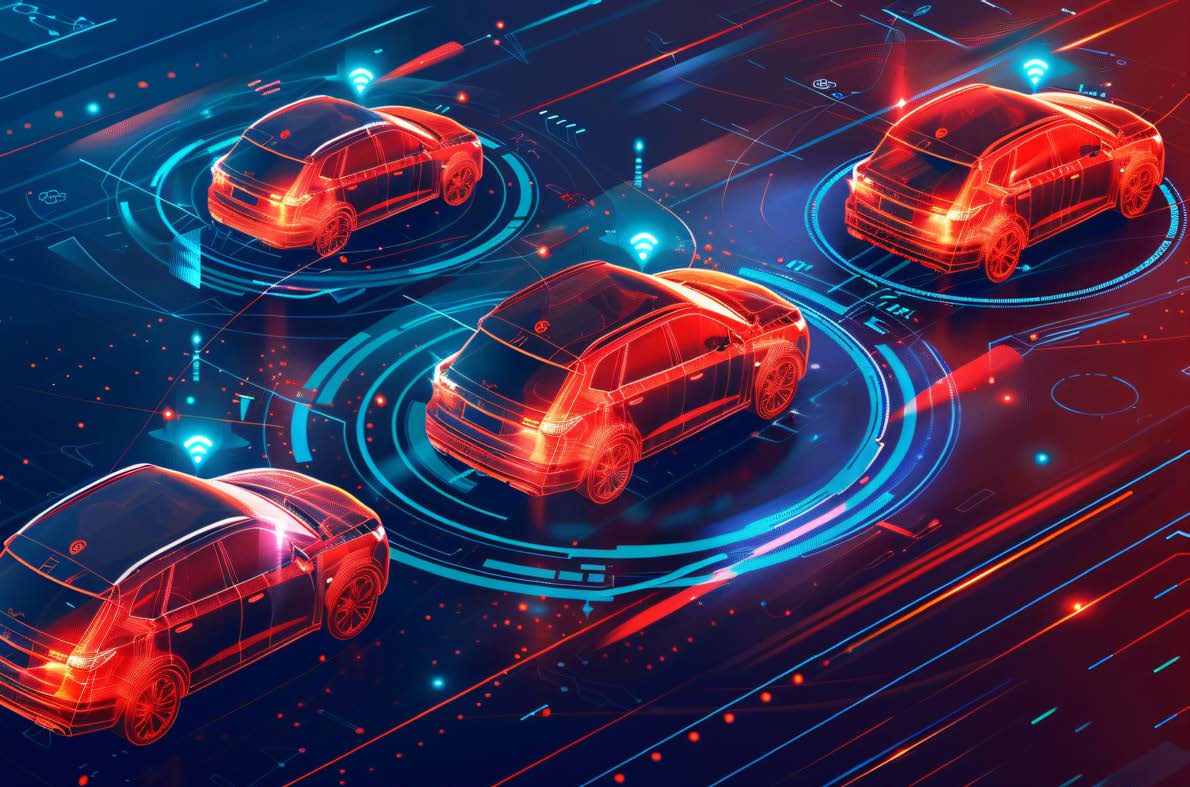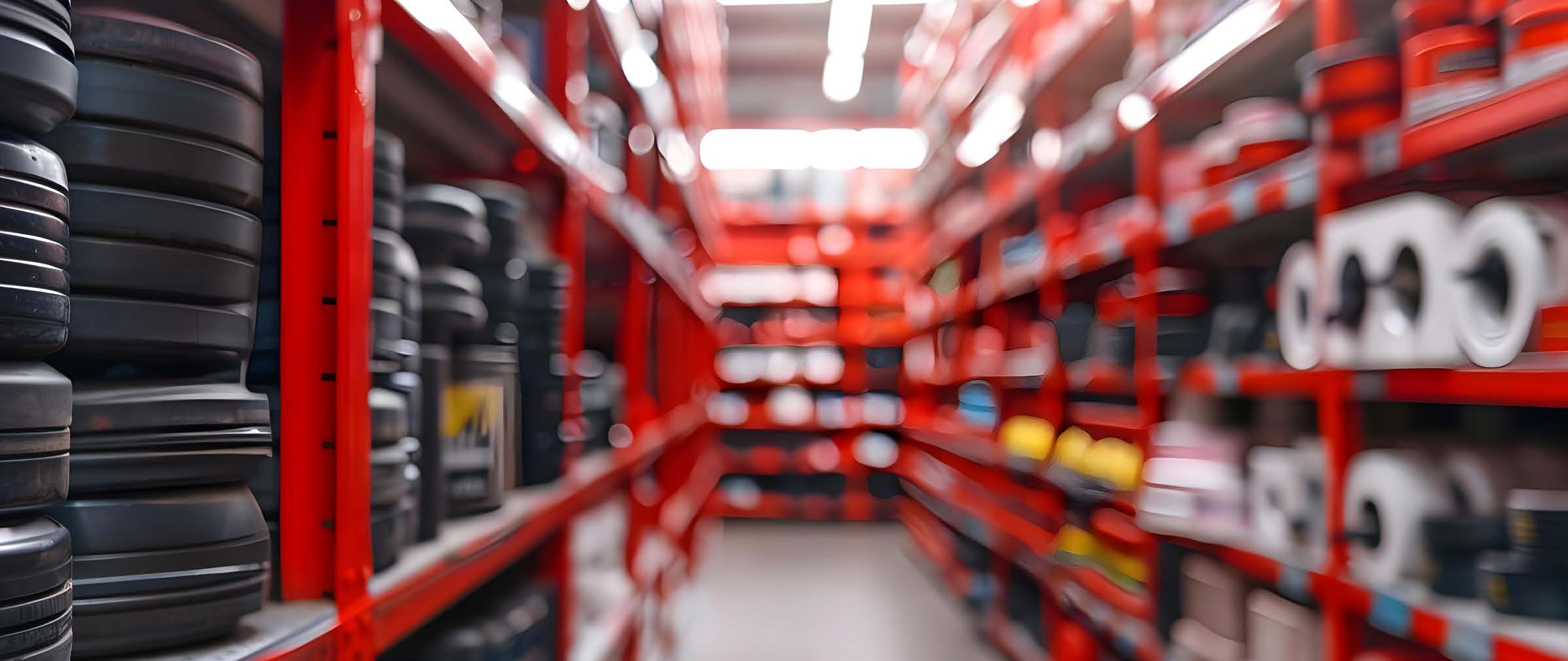The automotive and mobility sector is in a state of constant transformation.
The effects of the ecological and energy transition are substantially impacting the automobile market, whether upstream among manufacturers and parts suppliers, or downstream in the automotive and mobility services sector.
The new vehicle market gradually converting to electric
Faced with the planned ban on the sale of combustion engines in cars and commercial vehicles by 1 January 2036, as confirmed by the European Commission, manufacturers have all chosen to electrify their entire ranges by 2030 at the latest. Not a single car manufacturer was without an electrified range in its catalogue in 2023.
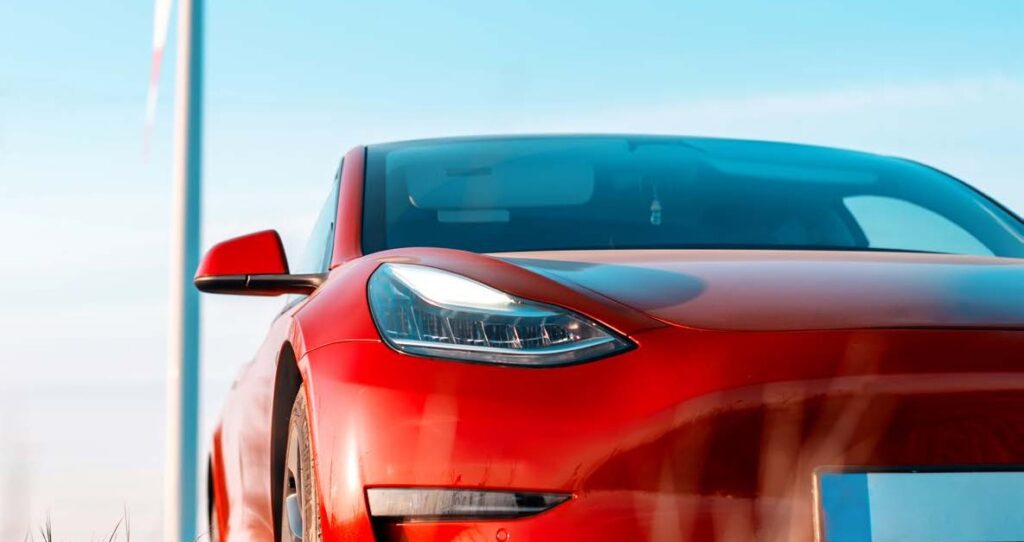
Nomber electric car registered
in the first half of 2023
In the world
In France
the new car market
The car parc to include 45% electrified vehicles in 2036
In 2024
1,5*
million of electric cars
* Source: Sthe Data and Statistical Studies Department (SDES) of the French Ministry for the Energy Transition, in 2024
1,1
million of Electric Vehicles
400 000
Plug-in hybrids Vehicles
This represents more than 3% of the vehicle fleet (47.5 million cars and commercial vehicles). In addition, more than 2.5% of the fleet is hybrid electric (non-plug-in). This means that 5.5% of the fleet is now electrified.
FOR 2030
16% Electric
4% Plug-in hybrids
making up 20% of the total
1/5 High-voltage*
FOR 2036*
40% Electric
5% Plug-in hybrids
1/2 High-voltage **
Non-plug-in hybrids would account for 38% in 2030, but only 30% in 2036, as the prices of 100% electric technology are expected to tip the balance definitively towards electric vehicles. There would still be 55% of exclusively combustion engine vehicles in the fleet in 2036, which makes the transition in workshops predictable and bearable for aftermarket and training stakeholders.
*The projections of the FIEV and ANFA.
** One in five private and commercial vehicles on the road in 2030 will therefore be a high-voltage vehicle (over 60 volts), requiring aftermarket servicing under new safety constraints (electrical accreditation will be mandatory).
Deployment of infrastructure and services
After years of procrastination and a pandemic that did not simplify matters, the roll-out of charging infrastructure for electric plug-in vehicles is finally progressing nationwide at a decent pace.
153 000
charging points* open to the public in 2024.
*Source AVERE, excluding home charging points
16 000
‘fast’ charging points, of 150kW and above
have been deployed by energy and oil companies (worth mentioning is the pioneering approach of Total Energies, from 2023, of creating charging hubs in urban centres for professional and private vehicles), with 100% of motorway service areas equipped with fast charging points*.
According to specialists (particularly FERIA), statistics on the use of electric charging points show that they are underused (around 14 charges per month and per station), increasingly running counter to the conventional wisdom that France has insufficient charging infrastructure.
The electric vehicle ecosystem in place
The gathering momentum of electric mobility is not limited to cars, but extends to soft mobility, bicycles, scooters, motorised two-wheelers and all other personal mobility devices (PMDs).
The insurance world has now embraced all these forms of mobility. Sales and maintenance outlets for PMDs are springing up all over the country, boosted in particular by subsidies for the purchase of electric bikes. Road infrastructure in cities is changing radically to accommodate these forms of soft mobility alongside car traffic. An array of mobility players has emerged, and they are growing strongly: manufacturers and operators of charging points, urban mobility operators, integrators of subscription solutions (e.g. cards) for various charging solutions, electronic payment solutions to pay for charging, and electric vehicle charging infrastructure installers.
This entire ecosystem will have its own space at EQUIP AUTO Paris 2025, which is dedicating a growing sector to players in zero carbon mobility.

Electric retrofitting: an attractive proposition for certain cases
The French ministerial order of 13 March 2020 opens the door to the more widespread adoption of retrofitting (changing from a combustion engine to an electric motor).
This solution is regarded by the Ademe (the French Energy Efficiency Agency) as a worthwhile option for reducing the impact of atmospheric pollutants and overall greenhouse gas emissions from vehicles. It came to this conclusion due to the material savings achieved through the reuse of the existing combustion vehicle, and more importantly the use phase of the retrofitted vehicle, which is particularly advantageous given France’s electricity mix.
The electric conversion of vehicles, in the same way as the production of new electric vehicles, helps to meet air quality standards and comply with the implementation of restricted traffic zones for polluting combustion vehicles (e.g. ultra-low emissions zones – ULEZ).
*ADEM: the French Energy Efficiency Agency
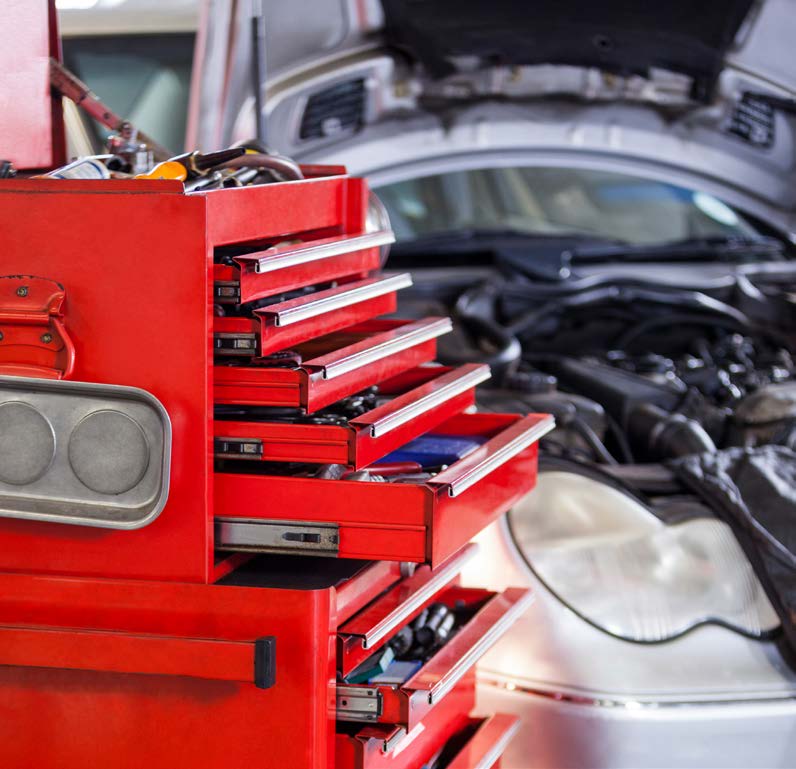
Against the backdrop of an increasingly structured market for new electric vehicles and a market for second-hand vehicles with widely fluctuating prices, electric retrofitting must carve out its own niche and find its own uses.
Four targets were picked out by Ademe in the categories of vehicles targeted by the decree of 13 March 2020: compact cars, commercial vans, 16-19 tonne heavy goods vehicles and standard 12-metre buses.
Retrofitting companies have come together under the banner of Mobilians Rétrofit, founded in 2022.
These include:
- Qinomic and TOLV for commercial vehicles;
- NOIL for scooters;
- Lormauto for compact cars (with the first-generation Renault Twingo);
- Neotrucks (battery electric) and Hyliko (hydrogen electric) for heavy goods vehicles.
EQUIP AUTO Paris 2025 will dedicate a space to retrofit players in the Energies Village.
Fiche Énergies : Énergéticiens et pétroliers, Technologies de batteries, Infrastructures de charge, Rétrofit
2.14 MoDownload
